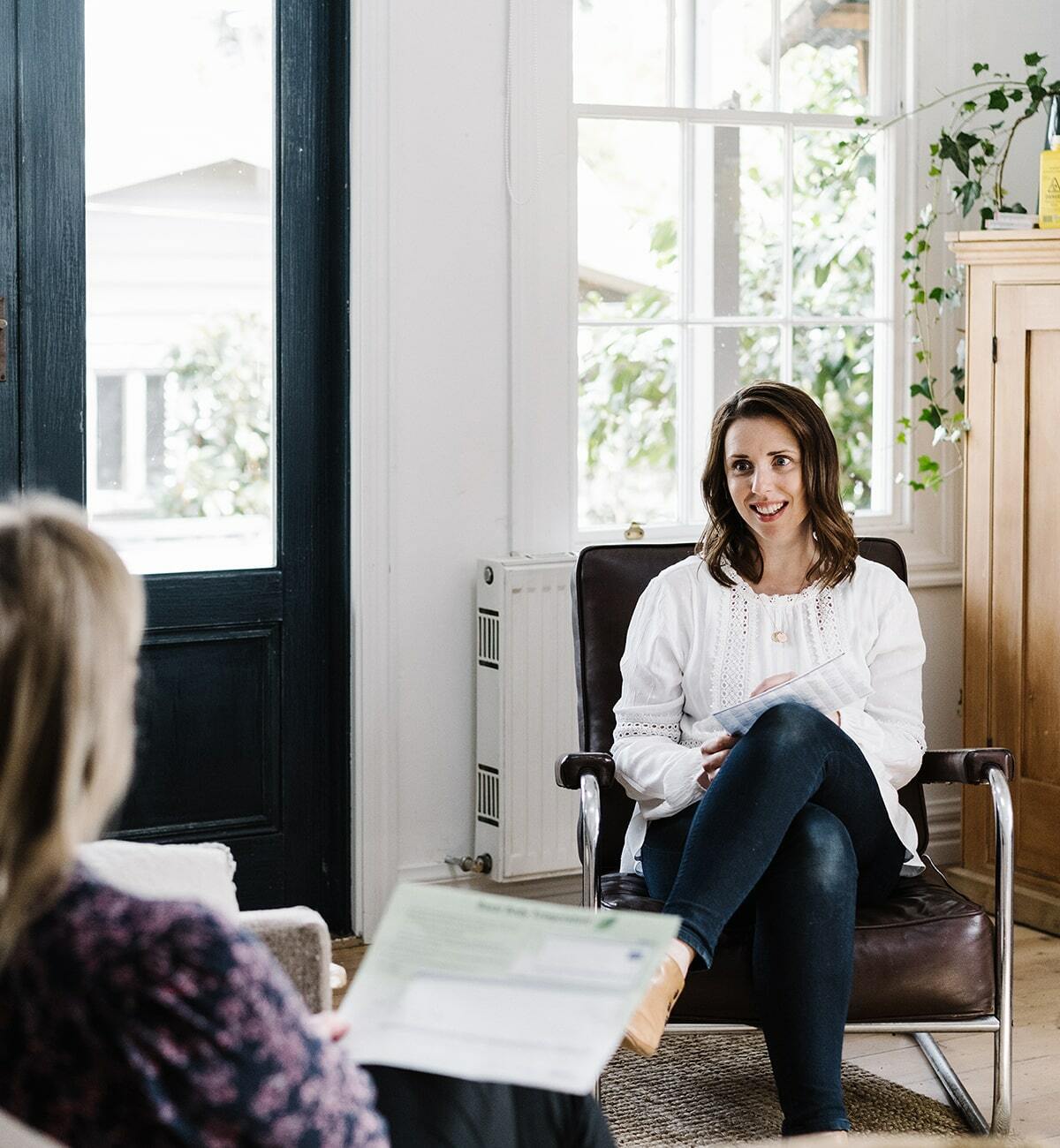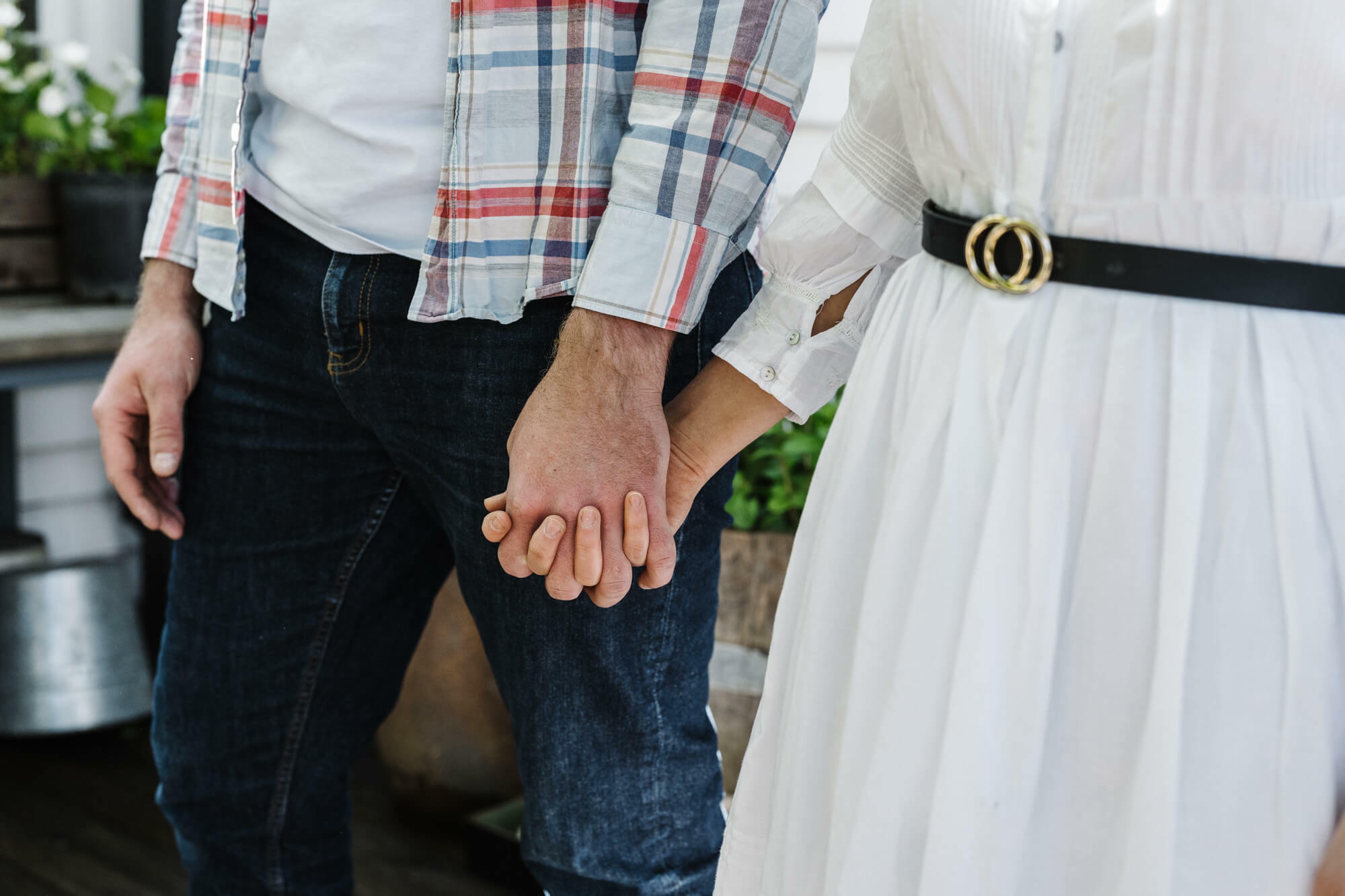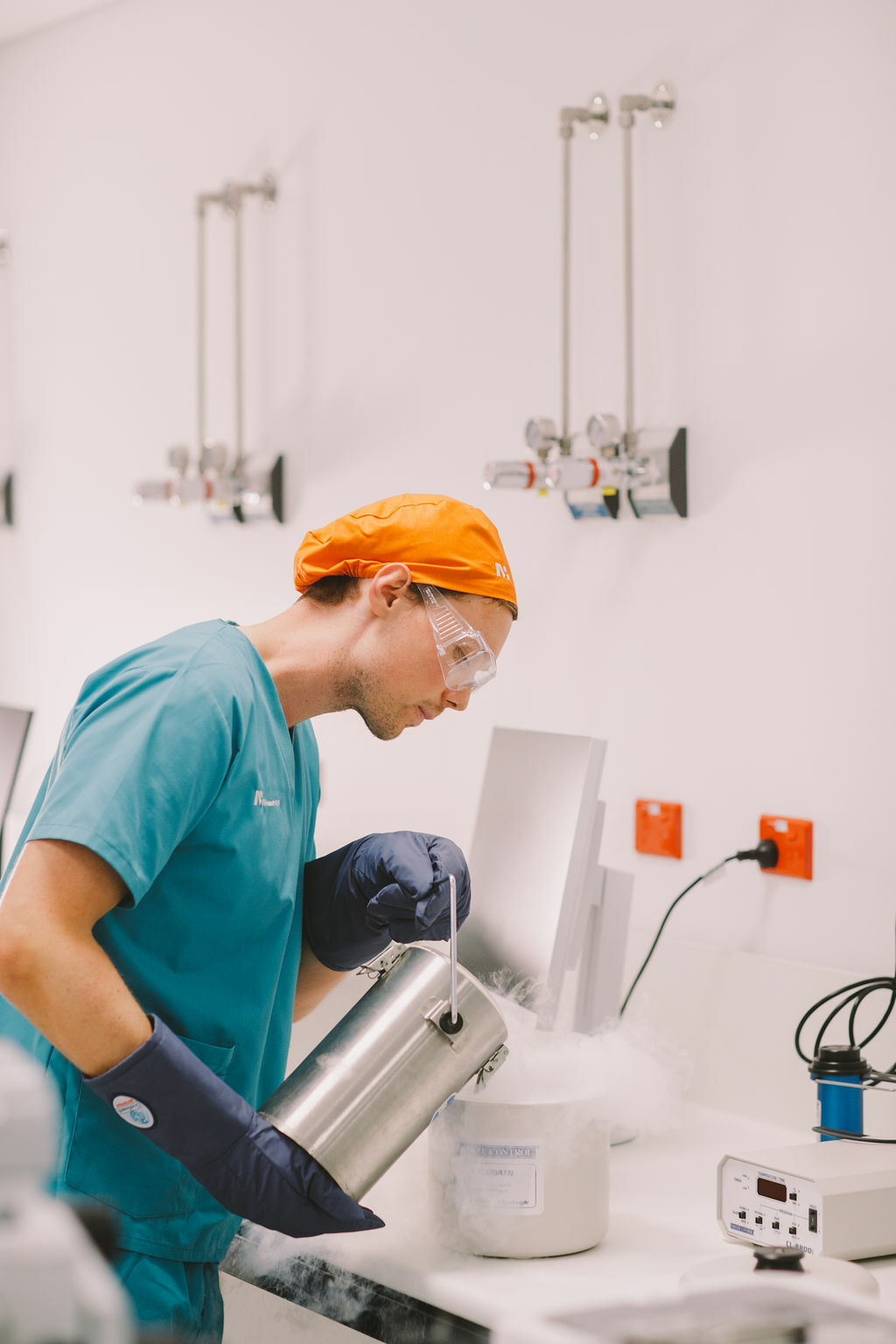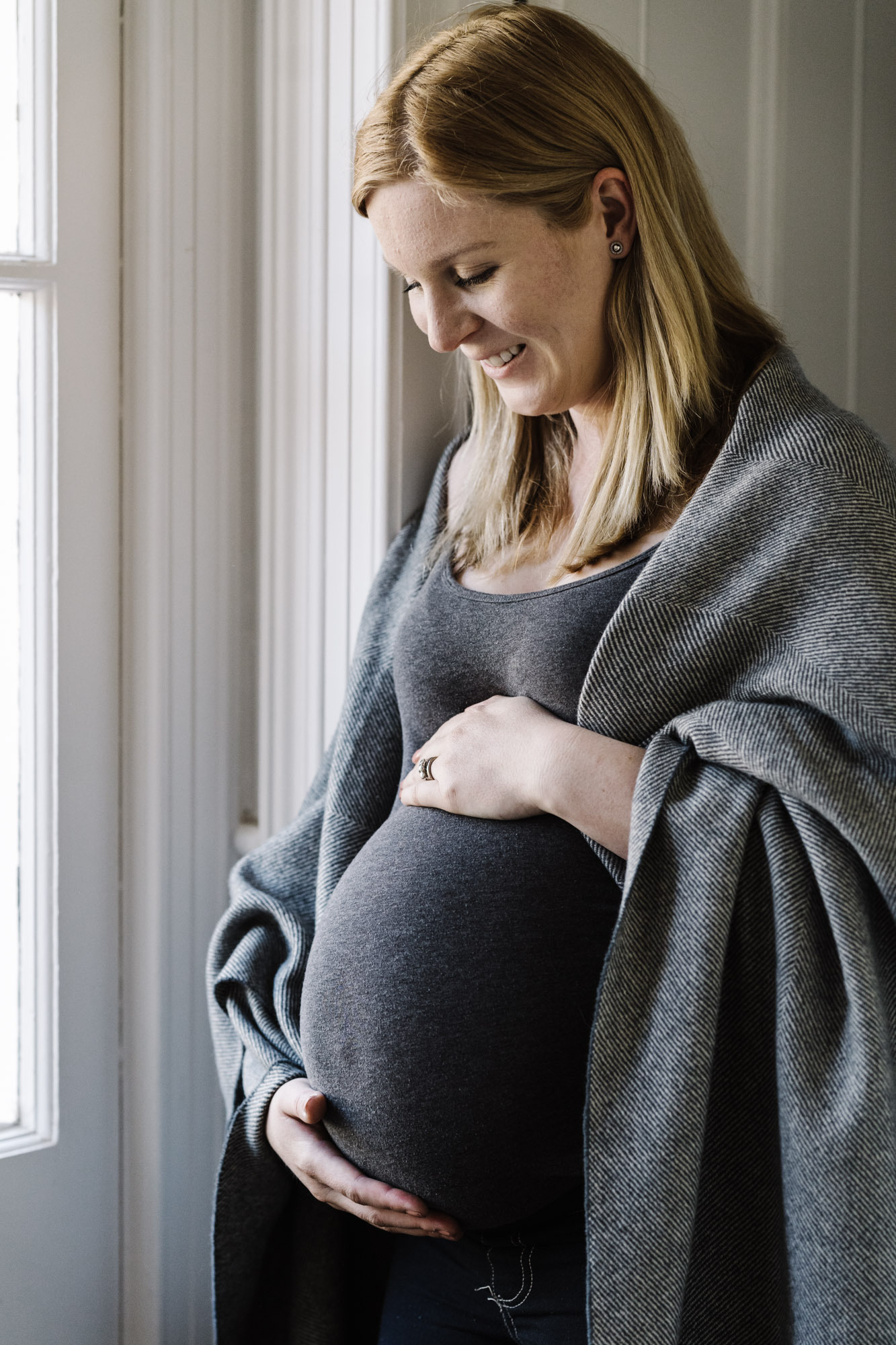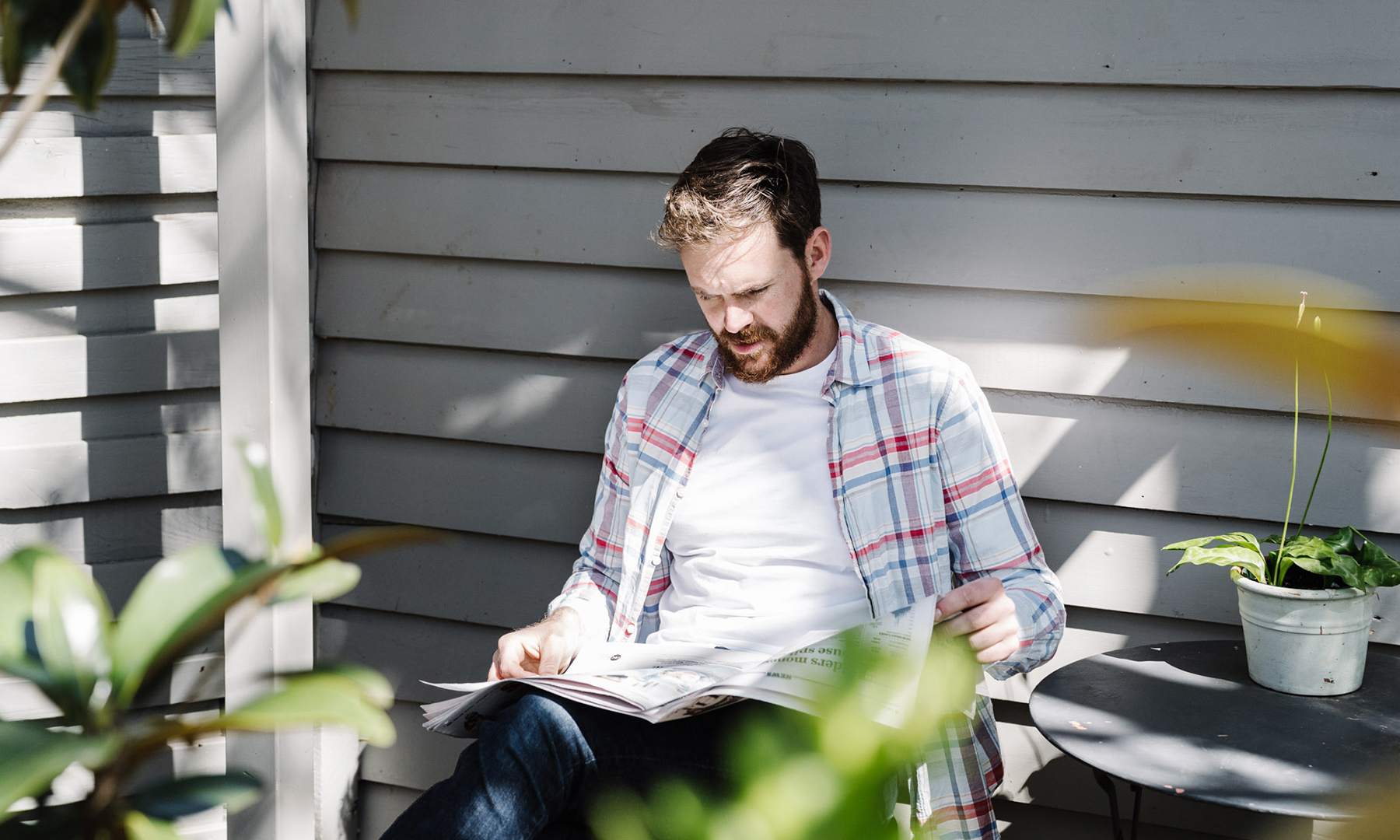What it takes, together
Starting a family isn’t always easy, it can take real bravery. That’s why the team at Monash IVF are here to support you along the way.
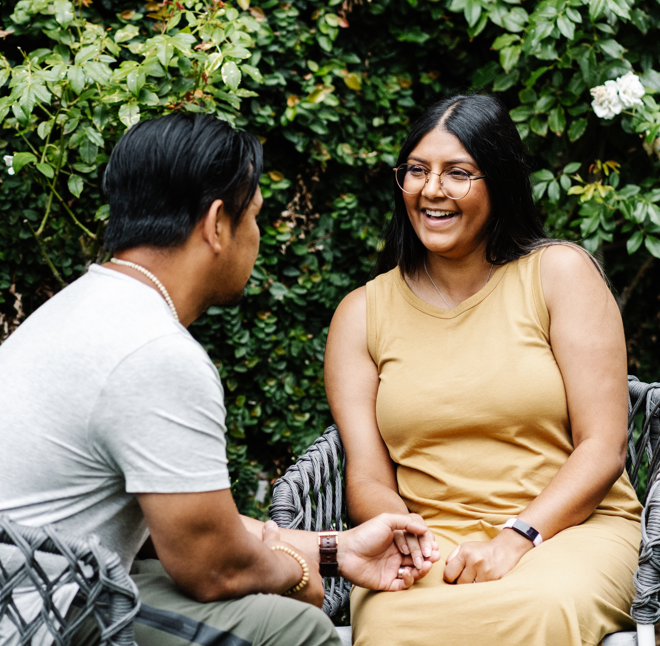
Our services across the fertility journey
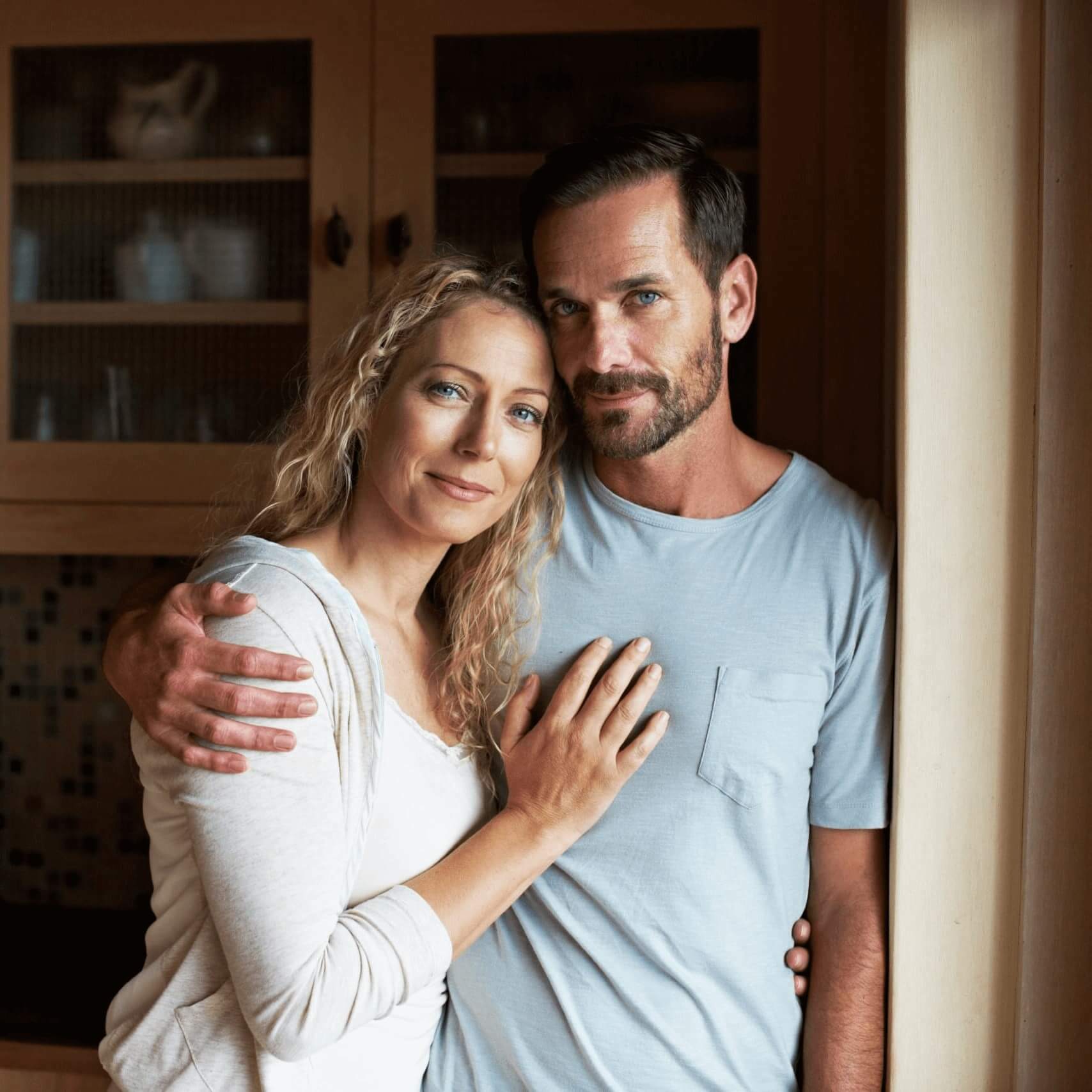
Become an Egg Donor
Australia is facing a critical egg shortage. Hundreds of hopeful parents-to-be are relying on accessing donor eggs. Discover if you can donate and make a difference.
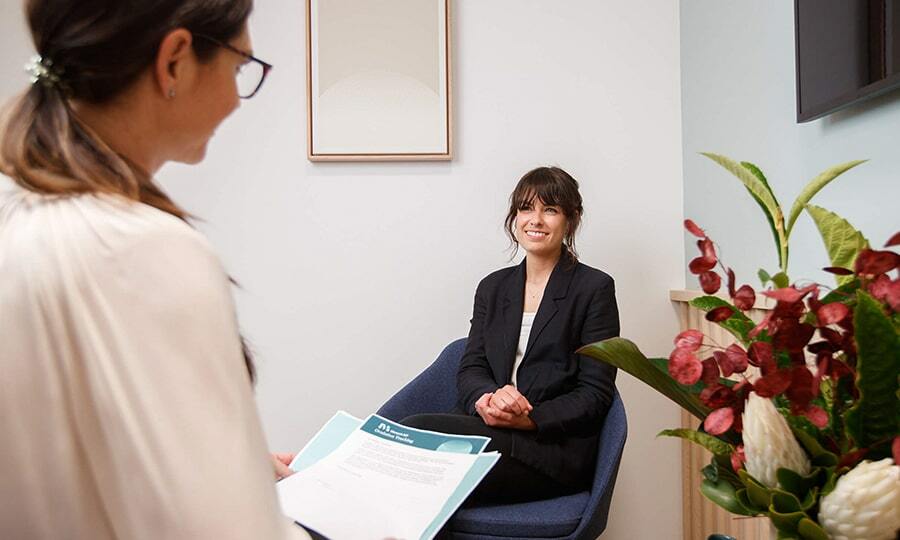
Meet your fertility team
Our fertility specialists collaborate on treatment approaches and new ways of getting the best results; with complex fertility cases being reviewed as required. These experts work together to build their knowledge and provide you with the best possible care we provide.
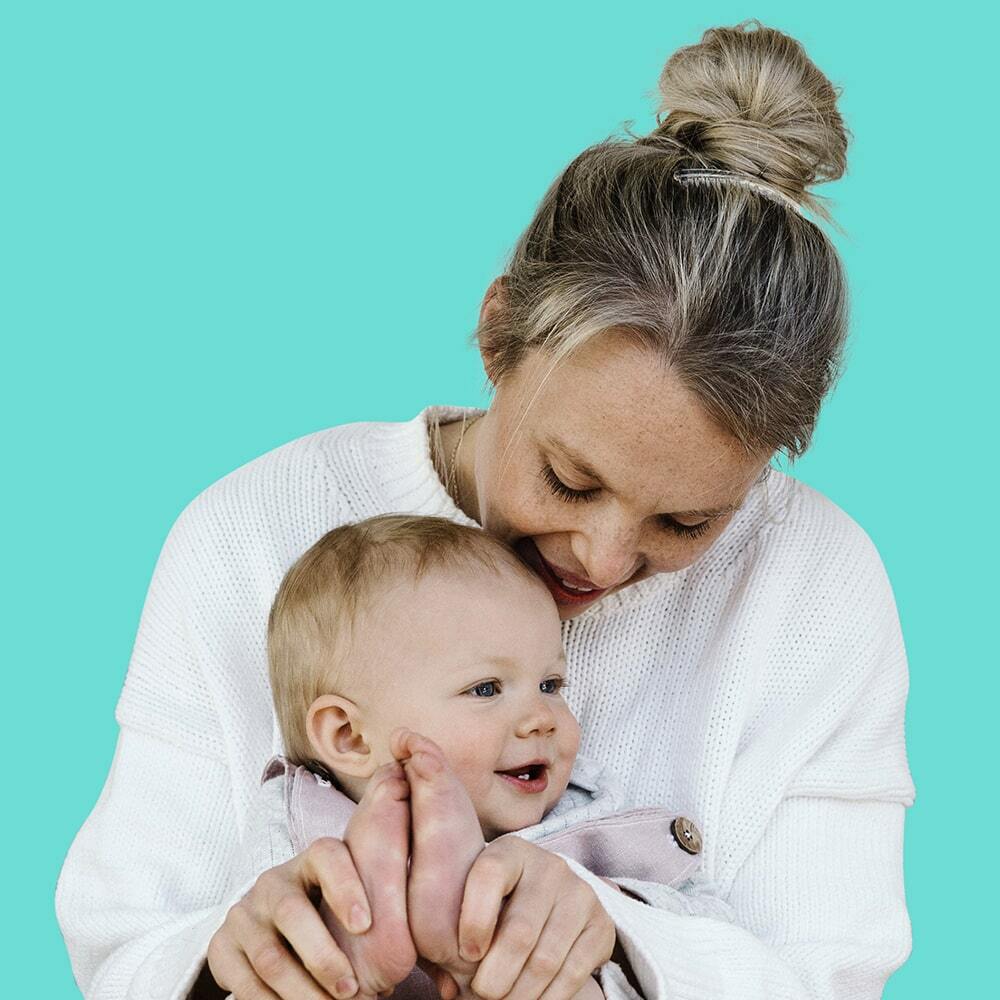
Start your fertility journey
Wherever you are on your journey, one of our supportive nurse enquiry team can help you understand your options and take the next step. These conversations are free and informative.
